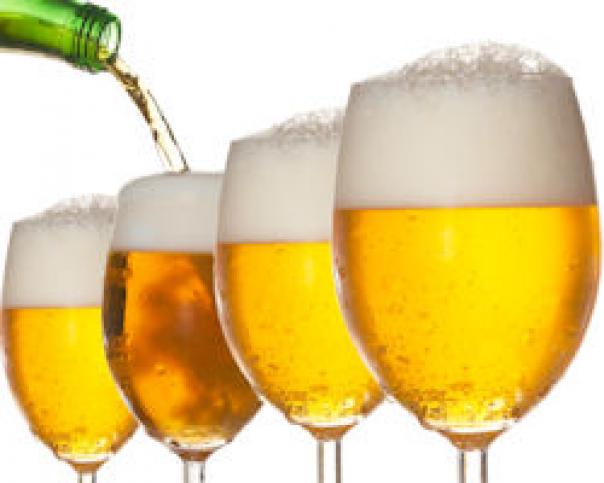
Yesterday the government called an emergency summit of the Food Chain Emergency Liaison Group to address the issue. This was made following warnings that supermarket shelves will be impacted if supplies are not restored by the end of the week.
In yesterday’s Guardian the chief executive of the British Meat Producers’ Association Nick Allen said: “The CO2 shortage was continuing to cause considerable disruption throughout the meat supply chain and could take two to three weeks for supplies to return to normal.
A spokesperson from the Food and Drink Federation said: “We understand that a number of the plants which were down due to maintenance or repair have now resumed CO2 production. However, due to the length of supply disruption we believe we are likely to see an on-going impact on the choice of food and drink products available to consumers. We will continue to monitor the situation closely and hope to be able to establish when normal service will resume.”
The British Frozen Food Federation Chief Executive John Hyman said: “We are in the process of investigating these reports further and will continue to communicate with our members throughout this process while we establish the facts around the root cause.”
The gas is a key component throughout the food and drink industry. CO2 is used at abattoirs to stun farm animals and to extend the shelf life of fresh meat in vacuum- sealed packaging. Aside from the meat industry carbonated drinks, beer and cider are also affected with CO2 used to create bubbles. Frozen food deliveries may also be halted with the gas used to create dry ice - allowing food to be kept cool in transit.
The supply of CO2 has decreased due to a combination of factors. CO2 is created as a by-product from ammonia production, which is used in the fertilising industry. With peak consumption for fertiliser throughout the winter, many companies reduce production over the summer months.
Many plants close during this period to carry out maintenance. However the crisis has sparked from too many producers shutting down at the same time. The UK has been hit hardest with only one out of the five plants operating. With the high costs of importing the gas many suppliers depend on sourcing their CO2 within the UK.